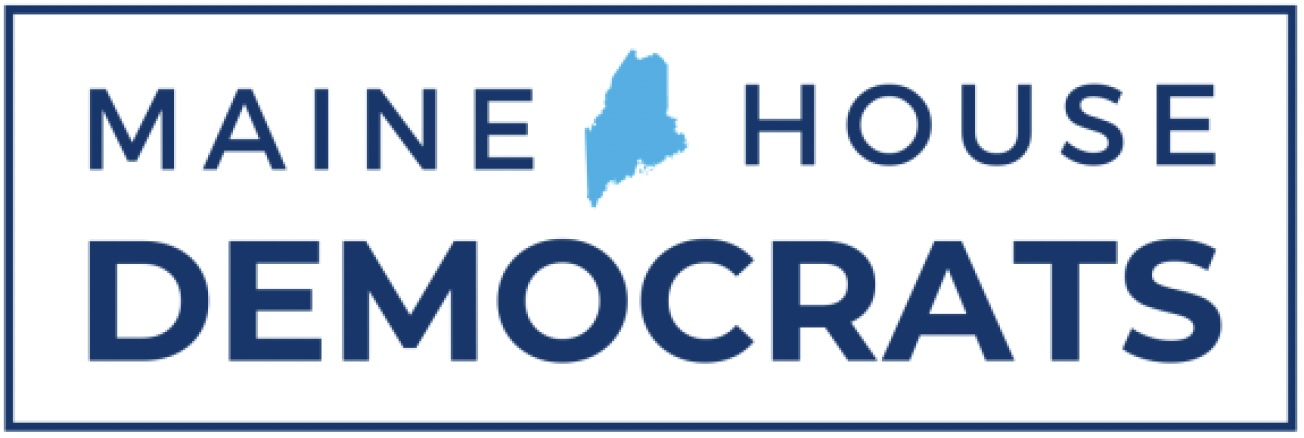AUGUSTA - The United States Court of Appeals for the First Circuit upheld Maine's first-in-nation law yesterday to require pro rata cable bills. First sponsored in 2020 by Rep. Seth Berry, D-Bowdoinham, the Pro Rata Law requires a cable system operator to grant a subscriber a pro rata credit or rebate if that subscriber requests service disconnection three or more working days before the end of a monthly billing period.
"I am pleased that the First Circuit upheld the Pro Rata Law, which protects Mainers from getting nickel-and-dimed by large cable companies," said Attorney General Aaron Frey. "Maine's Pro Rata Law merely requires cable companies to stop charging customers once they have terminated their relationship with their provider. Just as it would be unacceptable for a restaurant to charge for undelivered food or Amazon to charge for an undelivered package, large cable companies should not be permitted to charge for cable that is not provided."
"I want to acknowledge and appreciate the leadership of Gov. Mills, my legislative colleagues, and especially our Attorney General Aaron Frey and his excellent team in protecting Maine cable consumers," said Berry. "Too often, Maine families have only one choice for cable television. Cable companies should not be permitted to use their monopoly status to take advantage of consumers. I urge other states to follow Maines lead, and protect their residents from these unfair practices."
The Pro Rata Law is one of three recently defended by Frey following the cable industry's challenges to groundbreaking laws passed by the 129th Maine Legislature and signed by Mills. Other first-in-nation measures include a law to require unbundled or "a la carte" channel selection, which was struck down, and another to protect public access channels from discriminatory treatment and to require cable service in rural areas, which was upheld.
"The Pro Rata Law became necessary when, in 2019, a national cable conglomerate, Charter/Spectrum, altered its long-established billing practices and refused to prorate customers' final bills," said Berry. "As legislators, we immediately began receiving complaints from our constituents, with many required to pay for 28 or 29 days after their service has ended. Mainers outrage at Charter's abuse of customer trust was justifiable. We decided that the Maine Legislature needed to act to address this problem."
At the bill's public hearing on January 28, 2020, the Committee on Energy, Utilities and Technology received many emails and a significant amount of testimony in support of the bill from state legislators, constituents and the Office of the Maine Public Advocate. One Mainer even complained that Charter refused to prorate his final month of service after the roof of his apartment building collapsed and his home was left uninhabitable. The only significant opposition to the legislation came from Charter/Spectrum.
Maine"s Pro Rata Law enjoyed broad bipartisan support in the Legislature. Nearly every legislator cast a vote in favor of its enactment: 29 of the 29 state senators present and voting, and 131 of the 137 representatives present and voting. Upon passage, it was signed into law by Mills on March 18, 2020, and it is now part of Title 30-A, Chapter 657 of the Maine Revised Statutes.
"It is unfortunate that this law was even necessary, and I was disappointed that one cable company chose to challenge the law in federal court instead of simply doing right by its customers," said Frey. "As Attorney General, I am dedicated to protecting the interests of Maine consumers, and I will continue to vigorously defend Maine's Pro Rata Law and other laws like it against any further challenges".
Contact:
Jackie Merrill [Berry], c. 812-1111
Nicole Sacre [Frey], o. 626-8599

